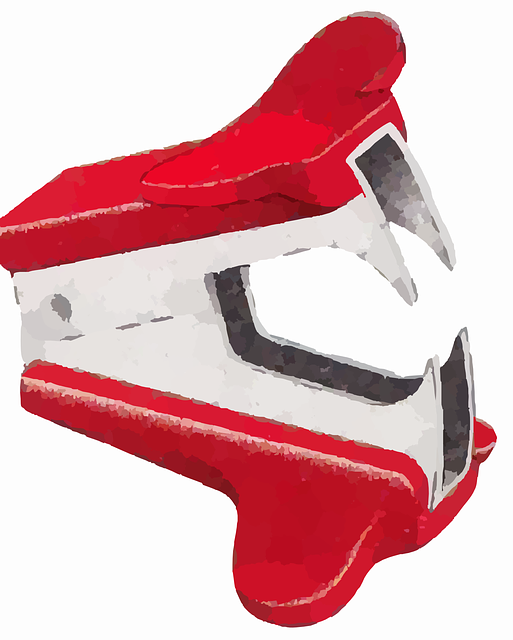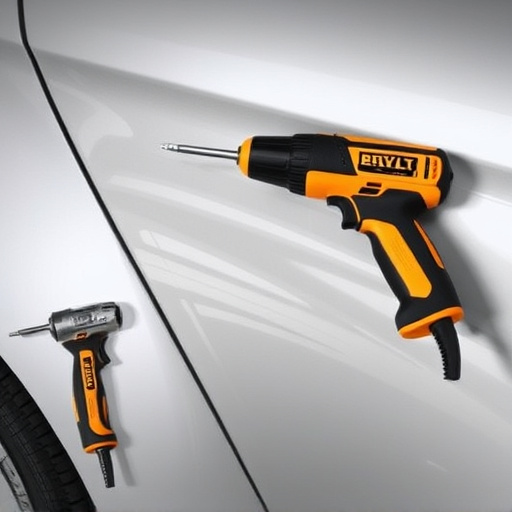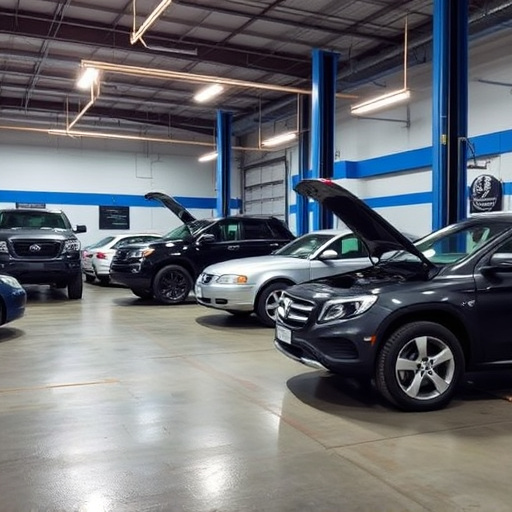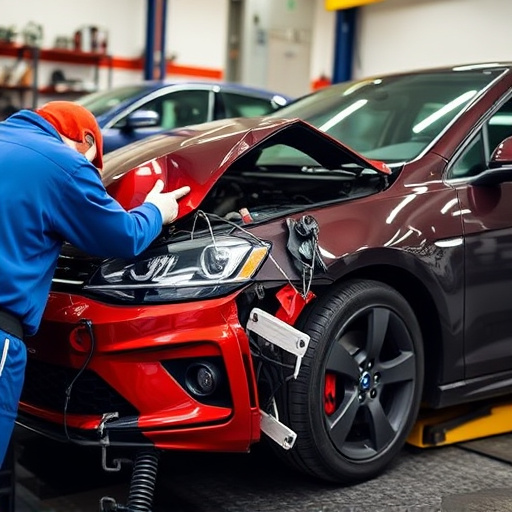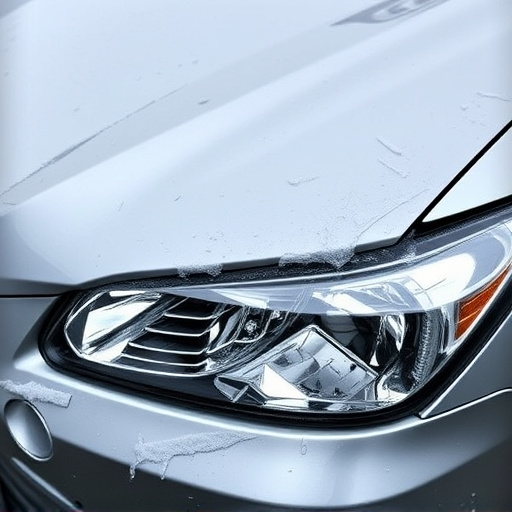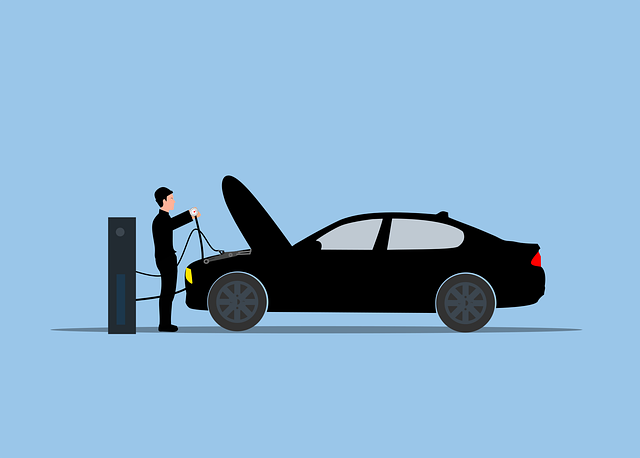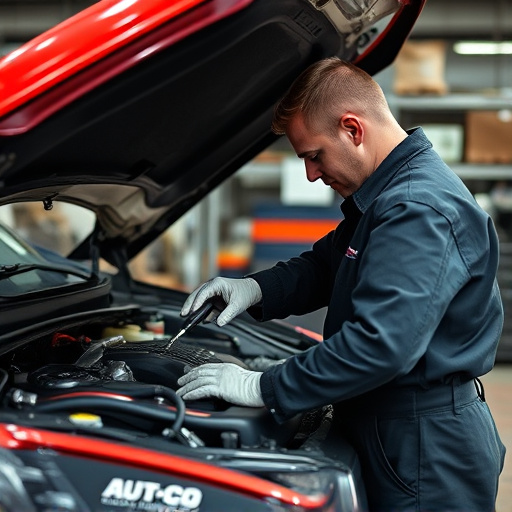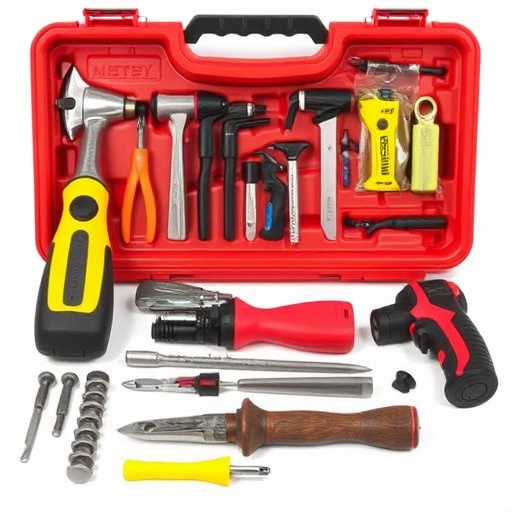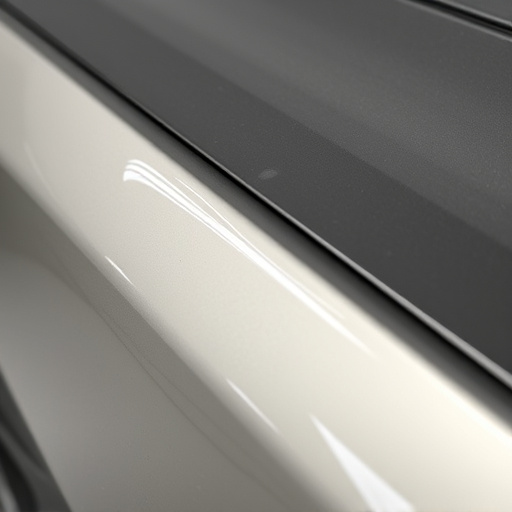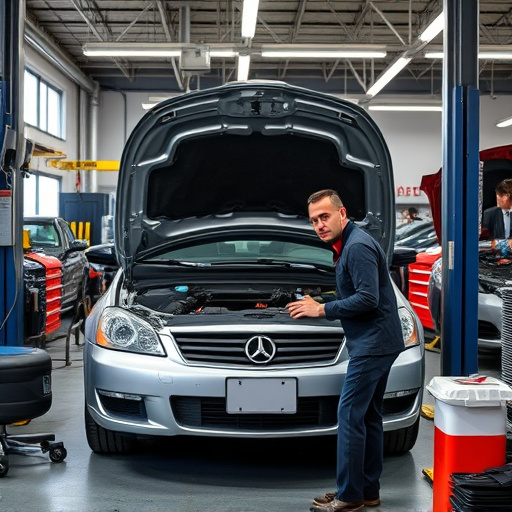An insurance adjuster liaison acts as a critical bridge between auto repair centers and insurance companies in collision repair processes. Their deep understanding of policies and procedures streamlines claims, reduces administrative burdens, and enhances efficiency for both shops and customers. This is especially valuable in complex cases involving severe accidents or disputes, as the liaison assesses damage, verifies coverage, facilitates negotiations, and prevents misunderstandings or delays. Proactive communication, detailed record-keeping, and mutual respect are best practices for seamless collaboration with these liaisons. Early involvement can set clear expectations and simplify information flow, ultimately leading to faster claim approvals, reduced delays, enhanced service quality, and positive customer experiences.
In the complex landscape of auto repairs, efficient communication with insurance companies is vital. This is where an Insurance Adjuster Liaison (IAL) plays a crucial role, acting as a bridge between repair shops and insurers. Understanding when to involve an IAL can streamline claims processes, ensuring faster payouts for customers while maintaining high-quality service standards. This article explores the responsibilities of an IAL, common scenarios demanding their involvement, and best practices for successful collaboration in repair shops.
- Understanding the Role of an Insurance Adjuster Liaison
- When to Involve an Adjuster: Common Scenarios
- Best Practices for Effective Adjuster Liaison in Repair Shops
Understanding the Role of an Insurance Adjuster Liaison
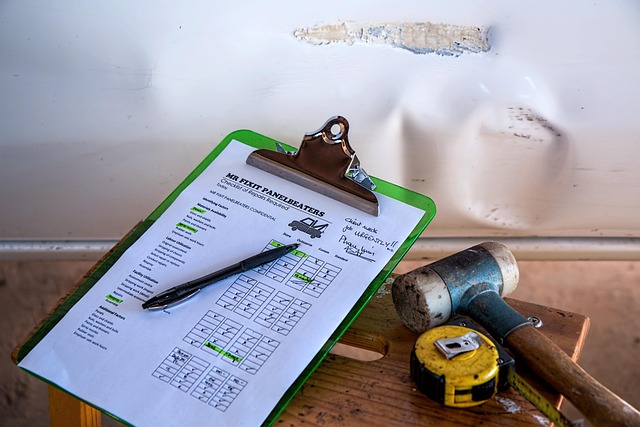
An insurance adjuster liaison plays a crucial role in any collision repair process. Their primary function is to act as a bridge between the auto detailing or collision repair center and the client’s insurance company, ensuring smooth communication and efficient handling of claims. This liaison is particularly important when complex auto body work is involved, as they possess a deep understanding of insurance policies and procedures.
By engaging an adjuster liaison, a shop can streamline the entire claim process. They facilitate the exchange of information between the repair center and the adjuster, ensuring accurate estimates and timely approvals for auto body work. This not only benefits the shop by reducing administrative burdens but also guarantees that clients receive the necessary support during the often-stressful experience of dealing with an accident and its aftermath, including quality auto repairs.
When to Involve an Adjuster: Common Scenarios
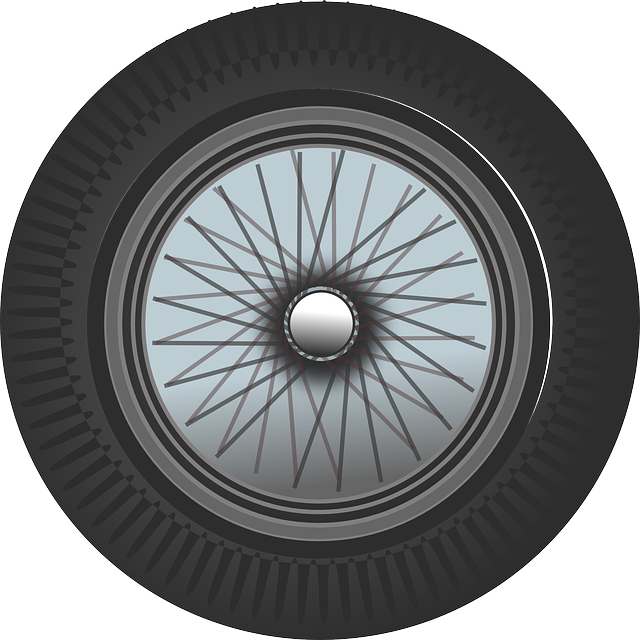
Involving an insurance adjuster liaison at the right time can significantly streamline the process for both repair shops and their customers, ensuring efficient auto body work or car scratch repair. An adjuster liaison is crucial when dealing with complex claims that extend beyond routine auto maintenance. Common scenarios include severe damage from accidents, significant cosmetic issues like extensive paint scratches or dents, and instances where the cause of damage is in dispute.
In such cases, an insurance adjuster can play a vital role by assessing the extent of the damage, verifying coverage, and facilitating negotiations between the policyholder and the repair shop. Their expertise helps avoid misunderstandings and delays, allowing for faster and more accurate auto body work or car scratch repair. This not only benefits customers but also ensures repair shops maintain positive relationships with insurance providers, streamlining future claim processes.
Best Practices for Effective Adjuster Liaison in Repair Shops
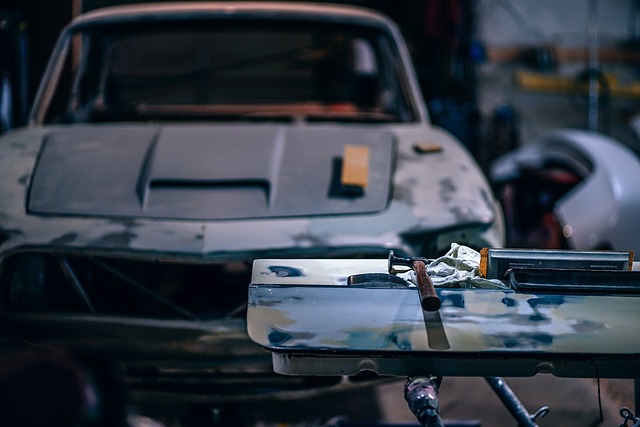
In repair shops, establishing a seamless collaboration with insurance adjuster liaisons is paramount for efficient claim processing and customer satisfaction. Best practices involve proactive communication, maintaining detailed records, and fostering mutual respect. When an adjuster liaison is involved early in the repair process, it ensures clear expectations and facilitates a smoother flow of information. This collaboration is especially crucial for complex cases or when specialized services like tire services, automotive repair, or vehicle restoration are required.
By integrating the insurance adjuster liaison into their operations, repair shops can streamline claim approvals, reduce delays, and enhance overall service quality. Effective communication channels should be established, ensuring both parties have access to real-time updates. Additionally, keeping detailed records of interactions, repairs performed, and costs incurred is essential for transparency and accurate billing. This collaborative approach benefits all parties involved, leading to faster vehicle restoration and a positive customer experience.
An insurance adjuster liaison plays a vital role in facilitating efficient and accurate damage assessments, especially in complex repair scenarios. Repair shops should consider involving an adjuster when facing high-value claims, intricate vehicle damage, or when aiming to streamline the claim process. By fostering a strong relationship with adjusters, repair facilities can ensure faster turnaround times, improved communication, and ultimately, enhanced customer satisfaction during the repair journey.

